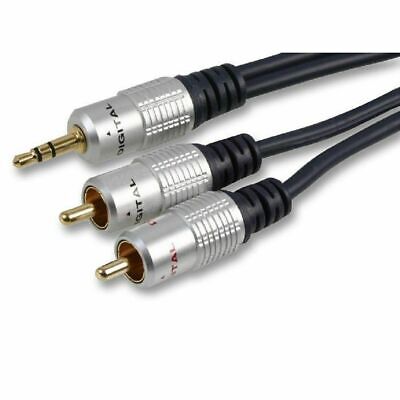I currently have my Internet radio routed into my Denon PMA-600NE amplifier by way of the two (L&R) PHONO sockets and the resulting sound is very good. But am I using the best sockets for Internet radio?
The two AUX sockets are free. Should I be using them?
There's no guidance on where to feed Internet radio in the Denon's user-manual. I don't want to damage the amp - or deprive myself of the best performance.
Thanks.
The two AUX sockets are free. Should I be using them?
There's no guidance on where to feed Internet radio in the Denon's user-manual. I don't want to damage the amp - or deprive myself of the best performance.
Thanks.



